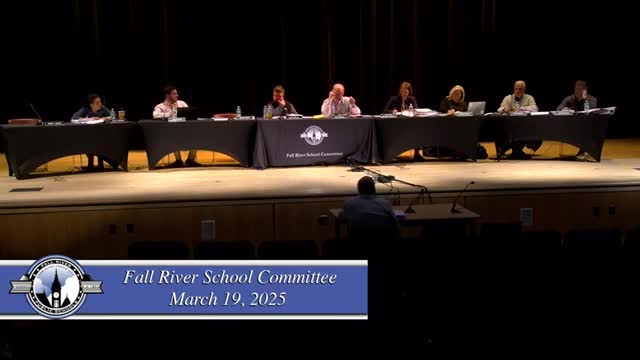Article not found
This article is no longer available. But don't worry—we've gathered other articles that discuss the same topic.
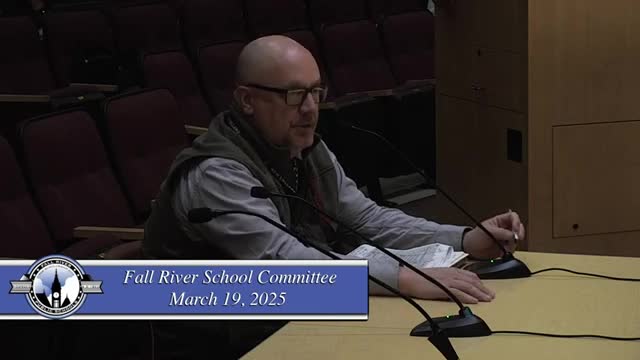
Committee debates adding HR recruiter position; motion fails as superintendent asks time to assess needs
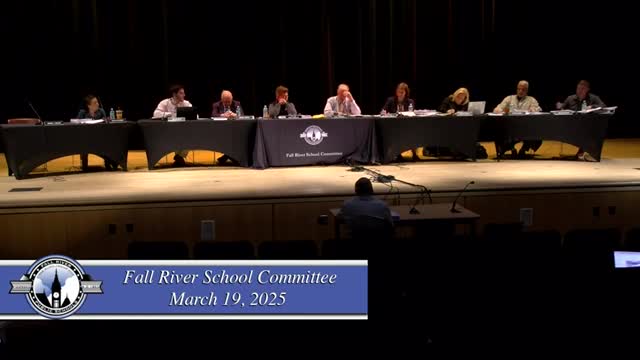
Nutrition services run by contractor flagged; district proposes conversions and additional utility staff
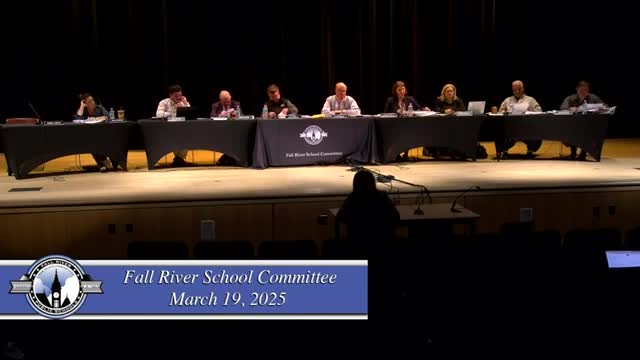
Principals press for more teachers, aides and program conversions; committee weighs enrollment-dependent requests
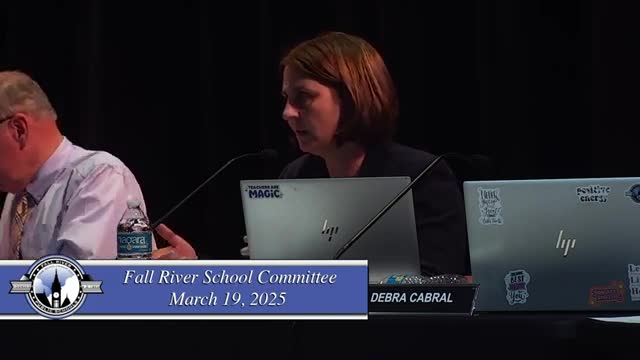
Committee restores and adds special-education supports: motions to return floater paraprofessionals and add inclusion teachers pass
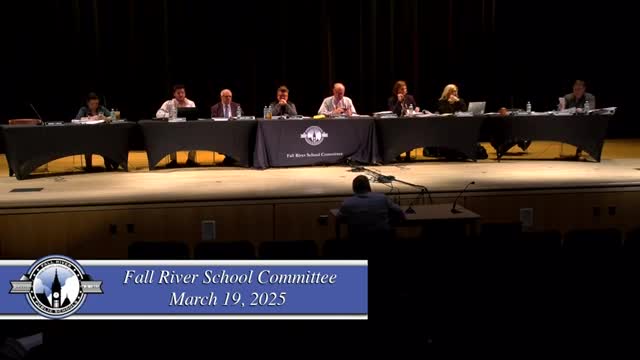
Facilities staff outline security upgrades, radio needs and capital requests as some items remain unfunded
